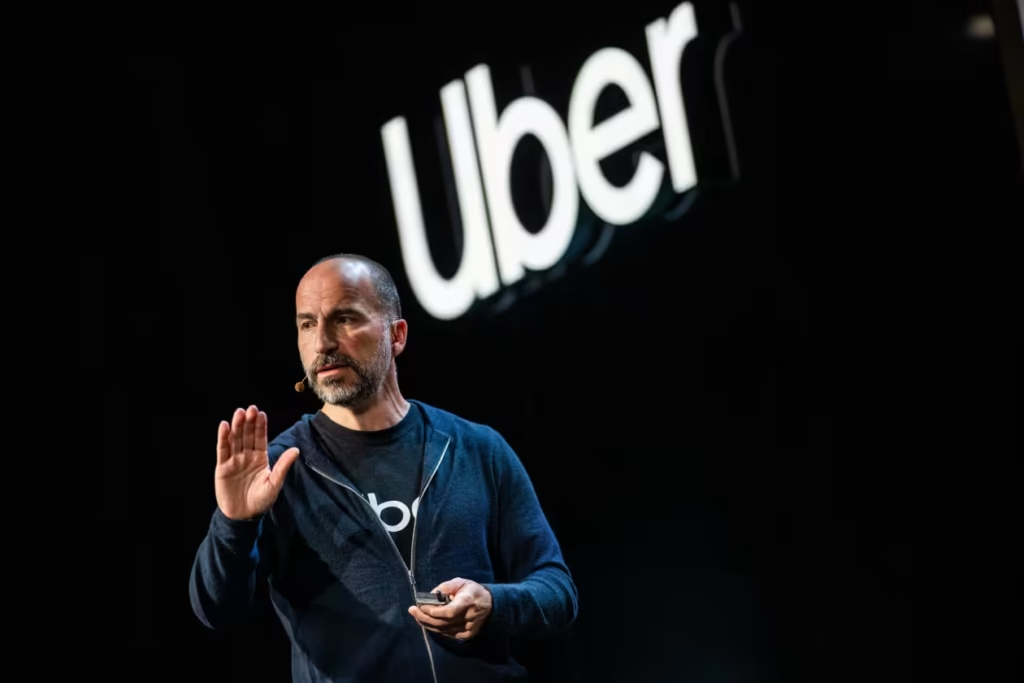Introduction
Reid Hoffman’s Prediction and the Rise of AI | The world of work is shifting rapidly. Reid Hoffman, co-founder of LinkedIn and one of the most influential voices in Silicon Valley, has predicted that by 2034 the traditional 9-to-5 job will be extinct. His forecast is not mere speculation but grounded in decades of experience building, investing in, and scaling transformative companies. This article explores Reid Hoffman’s vision, the forces driving the change, and how Sri Lankans and the wider global workforce can prepare for the AI-powered future.
Reid Hoffman’s Credibility
Hoffman’s credibility comes from proven foresight. He co-founded LinkedIn, later sold to Microsoft for $26 billion, and was an early investor in Facebook, Airbnb, and OpenAI. He has consistently anticipated how technology reshapes industries, which makes his prediction about the end of the 9-to-5 model significant and worth analysing seriously.
The Prediction: The End of 9-to-5
Reid Hoffman believes that AI will handle 25–30% of current human tasks by 2034. This will disrupt industries unevenly but steadily, making rigid office schedules obsolete. Instead, flexible, project-based, and gig-oriented models will dominate, driven by AI’s capacity to automate repetitive and analytical work.
Early Signs Already Visible
The shift is already underway:
- AI in law and finance: Research tasks once requiring days are now completed in minutes.
- AI in marketing: Tools like Midjourney generate ad campaigns autonomously.
- AI in software: GitHub Copilot assists developers in managing entire codebases.
These examples illustrate that AI is not a distant force. It is already transforming the present.
Rethinking Job Security
For the past century, security meant a monthly salary. Reid Hoffman argues future security will come from skill fluidity, the ability to adapt and pivot as industries change. Continuous learning, creativity, and adaptability will be worth more than tenure.
Economic and Sectoral Implications
AI will reshape economies by personalising education, streamlining healthcare, and increasing efficiency in manufacturing. However, costs won’t vanish. Real-world constraints; materials, labour, regulation, will still matter. Industries will adapt at different speeds; media and finance may change faster than construction or healthcare.
Lessons from History: The Music Analogy
The music industry illustrates disruption. MP3s reduced costs, destroyed record stores like Tower Records, and gave rise to Spotify. Similarly, AI will cut friction in many industries, but the speed of change will depend on sector-specific barriers.
Traits for Thriving in the AI Era
Hoffman identifies three key traits for individuals who will thrive:
- AI Fluency – Treat AI tools as force multipliers, not threats.
- Meta-Skills – Creativity, adaptability, and emotional intelligence remain uniquely human.
- Personal Leverage – Find ways to deliver value that AI cannot replicate.
Building Systems, Not Just Experiments
Many people dabble with AI without a plan. Reid Hoffman stresses the importance of building systems to ensure consistency. His own tool, Apex Agents, automates social media interactions while keeping authenticity intact, showing how structured approaches matter.
Generational Shifts and Education
Children born today will be AI natives. Their comfort with AI-assisted workflows will surpass older generations. Higher education faces disruption as AI tutors offer personalised, 24/7 learning. Universities will be pressured to redefine their value proposition.
Geopolitics of AI
AI supremacy is now geopolitical. Nations restrict chip exports, fight data sovereignty battles, and invest in AI research labs. Where you live may determine what tools you can access, creating new inequalities in the workforce.
Hoffman’s Blueprint for Success
To stay relevant in the next decade:
- Master AI tools now.
- Cultivate adaptability.
- Develop critical thinking and problem-solving skills.
- AI won’t replace you. But someone who uses AI better could.
Conclusion
The extinction of the 9-to-5 job is not a threat but an opportunity. Those who embrace AI early will thrive, while those who wait may fall behind. The key lies in adaptability, continuous learning, and strategic use of AI.
To read “AI and Policy: Sri Lanka at the Crossroads of Innovation“, Click Here.













